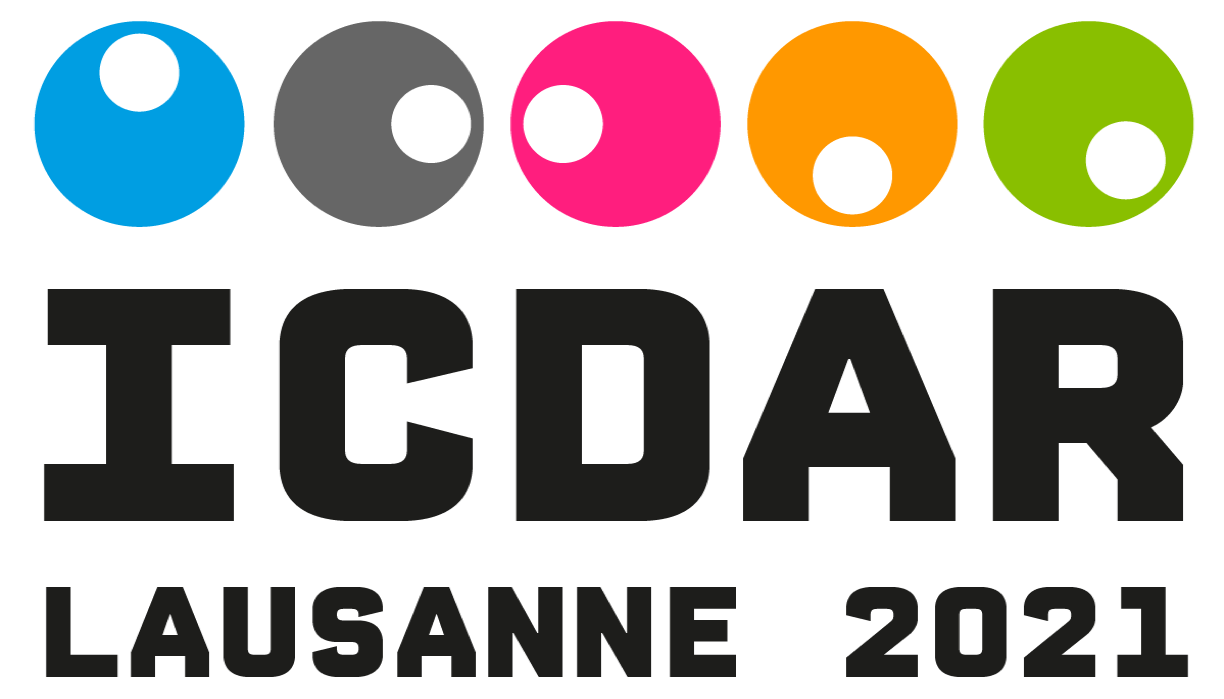
REVIEWING GUIDELINES
Use Care in Your Reviews
As a reviewer for ICDAR 2021, you should approach this important responsibility in a serious way. Provide the same degree of care in reviewing the papers you have been assigned as you would like to see from reviewers of your own papers.
Reviews Should be Relevant and Constructive
First and foremost, the comments you provide should be informed by your reading of the paper. Reviews with generic complaints where it is not clear the reviewer has even read the paper are not helpful. Be specific and constructive with your feedback to authors.
Suggestions for Missing Material / Additional Work
It is appropriate to identify important omissions from a paper. This might include prior work that should have been discussed, or additional experiments that should have been performed. Keep in mind, however, that even though ICDAR 2021 employs an “author response” phase, this is only to allow authors to voice their disagreement with the factual aspects of a review; it does not allow an author to promise to do additional work to fix problems in a paper. While authors may certainly update the final version of their paper before the camera-ready deadline if it is accepted, the Program Chairs will make their final acceptance decisions based on the original submission and not on promises to do additional work identified by reviewers.
Confidentiality
It goes without saying you should consider the papers you have been assigned to review as confidential. You must not use them in any way outside of the reviews you are performing for ICDAR 2021. If a paper is ultimately accepted and published, at that point you can, of course, reference the work in one of your own papers.
If you encounter an issue with one of the papers you are assigned to review, you should bring up the matter with the Program Co-Chairs. To protect confidentiality, you should not discuss such matters with anyone else, nor should you share the papers you have been assigned to review with others to ask their opinions.
Anonymity
ICDAR 2021 employs a double-blind review process. This means authors should not identify themselves in their papers, and reviewers should not identify themselves in their reviews. Because there is no perfect way to guarantee anonymity, this also means that reviewers should not exert effort to try to figure out who wrote a given paper. If an author has inadvertently made identification possible, reviewers are instructed to do their best to ignore this information when reviewing the paper. For example, an author might reference a specific research project, or a public repository for data or source code (e.g., GitHub). Reviewers are not required to consider such outside materials, but if they do so, they should avoid attempting to connect them to an identification of the author.
Conflicts of Interest
The EasyChair system we use for ICDAR 2021 has some automated features to avoid conflicts of interest. But, again, such features are not perfect. If you detect a conflict of interest in a paper you have been assigned to review, notify the Program Co-Chairs immediately; do not complete a review for the paper in question.
Copyright © ICDAR 2021 Organizing Committee
